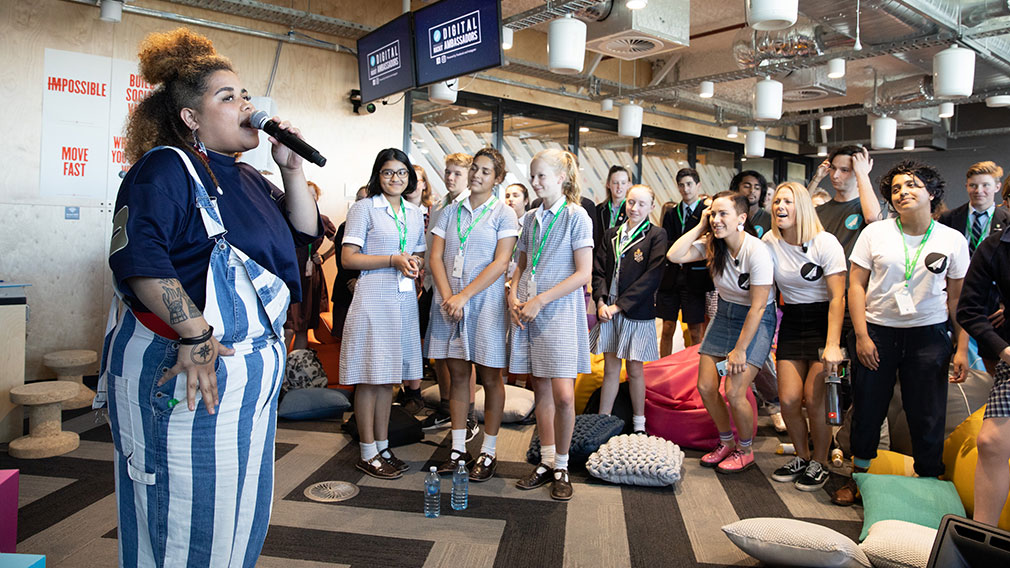Retirement 2.0: It’s time to rethink our planning for later life

As we live longer, and our working lives are extended, more options are opening up in terms of retirement pathways. (Getty)
Retirement needs an upgrade.
Globally every year, 58 million people turn 60, according to the World Health Organisation. So if you’re nearing the end of your career, and starting to think about what comes next, you’re not alone.
For many, once the leaving parties are over, it can come as a shock on that first Monday morning after retirement, when there’s no need for a wake up alarm. So it pays to have a clear plan for what your new life might look like.
Traditional concepts of retirement have centered on the transition from our work lives to a slower paced lifestyle, based on leisure activities, travel, and helping family. In planning for that transition, financial considerations are the main focus, with people asking if they’ve saved enough for a comfortable retirement.
But as we live longer, and our working lives are extended, we need a more holistic approach: one that considers not just financial security, but our physical and mental well-being, social connections, and new life goals.
That’s where Retirement 2.0 comes in.
Of course, financial security is important. It’s crucial to have a plan for generating income, managing expenses, and protecting assets. However, Retirement 2.0 extends well beyond this. It’s about rediscovering yourself, exploring untapped ideas and creating new adventures.
Many people hit the pause button on their passions during their 20s and 30s as their lives became more demanding. But as careers wind down, more freedom opens up, making it the perfect time to press the play button again.
Retirement is not an end; it's a new beginning, an opportunity to leverage all of your past experiences to help define a new sense of purpose for your next life stage.
Health and wellness is a core element in the Retirement 2.0 concept. Without good health, the quality of your later life experience reduces, so it’s vital that we maintain a healthy lifestyle.
Social connection is another key element. Many people get their sense of community from the workplace they belong to. When this ends, they can feel lonely, and there’s a risk of that escalating into depression. By deepening existing relationships and creating new social connections in retirement, people can retain that important feeling of belonging.
It can be something as simple as cooking the weekly barbeque at your grandchild’s local sports club, or diving into meaningful volunteer work with a favorite charity.
Living with purpose leads to societal contribution and it’s a critical building block of Retirement 2.0.
In the next fifty years, people's perspectives on retirement are likely to be further transformed. As technology continues to advance, people will be able to work longer and in different ways.
Retirement is likely to become a more gradual process, with people transitioning to part-time work or consulting roles before completely retiring.
That’s a good thing. If you’re driving on the freeway at the speed limit and have to make an emergency stop, that comes as a big physical jolt. That’s why we have exit ramps to smooth the transition to slower moving traffic.
In the same way, making an abrupt switch from full-time work into retirement can be challenging. A more gradual exit over a period of months or years, maybe reducing the amount of work days, can help to lessen that shock to the system.
We spend roughly 2,000 hours a year at work. One of the best pieces of advice I’ve heard about retirement is to figure out what you’ll miss most from that time, and make it part of your plan for your next life stage.
There are now many more possibilities for us to travel and explore new hobbies and interests. The options for where and how we live are also broader.
That makes Retirement 2.0 a complex journey, with more choices than we’ve had before. That in itself can be scary. Transitions through life are always challenging, but with conscious planning and clear goals we can embrace this exciting time in life without fear.
You can find out more about Nick's ideas on retirement on his website, Retire on Purpose





